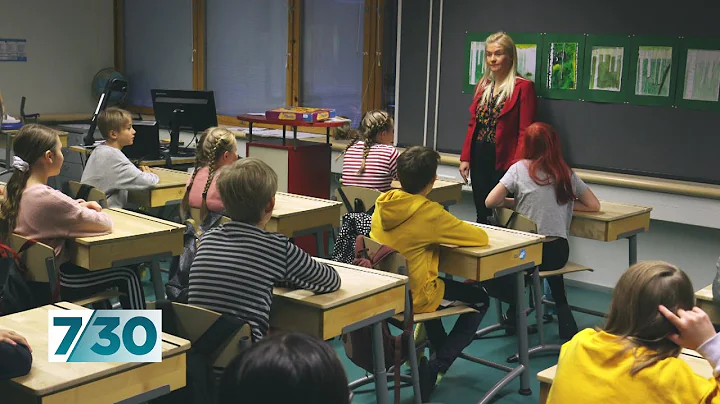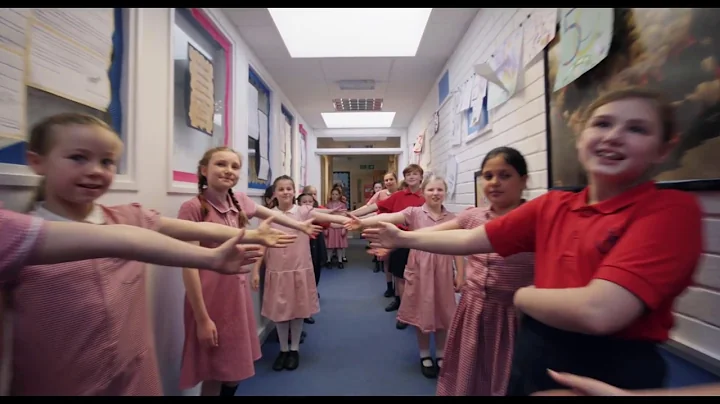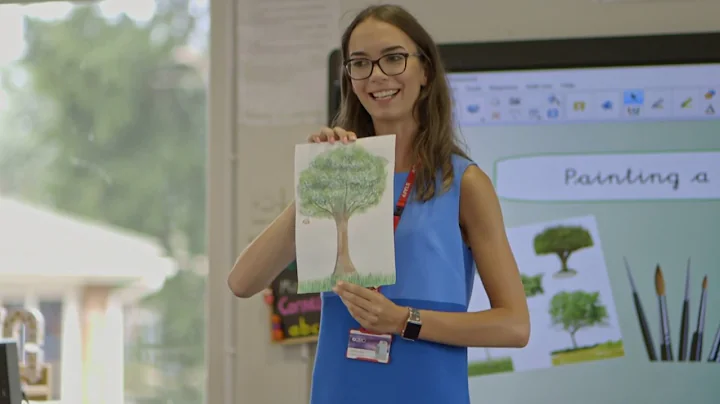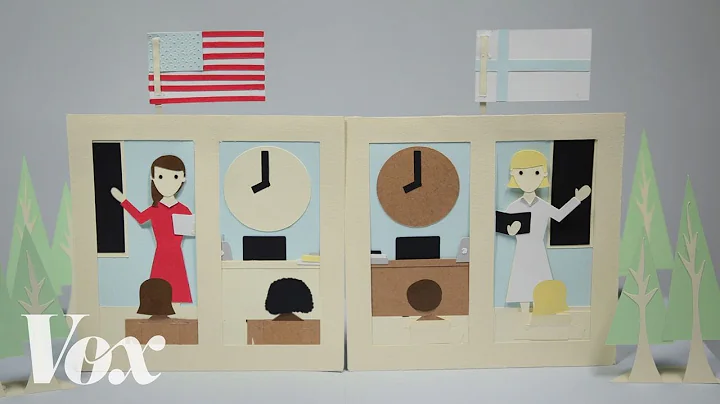The answer is definitely yes. This is not what I said. It is the answer I have received from several first-year primary school teachers, and it is based on 10 years of experience in our education industry.
First of all, let’s talk about Pinyin, which is enough to drive us parents crazy. We finish primary school in 2 weeks, and it goes by very quickly, so our children need to have a solid foundation.
If you don’t believe it, you can buy the first-grade textbook online in advance to verify it. This has also been confirmed by parents of second-born children, so early childhood transition is the choice of mothers of second-born children.
Here is another misunderstanding. The connection between young and early childhood is not only knowledge, but also ability cultivation and habit cultivation. Pinyin belongs to the category of knowledge. Because parents don’t know how to teach basic Pinyin themselves, because it’s different from what we learned before. Even if we teach our children, there’s no way to do it. Even if there are ways, it can easily damage the parent-child relationship.
In terms of knowledge, many people are not good at pinyin. Children learn and teach in school, but it is a matter of speed. Catching up with others in one semester is not important until the third grade, and it means nothing.
If everyone doesn’t enroll in kindergarten and doesn’t learn it, then it’s totally fine. Now primary school teachers assume that you have learned it and mastered it. This is a common problem and the direction of education reform.
This is from the macro level, to the micro level of each of our children, have we considered the child's psychological endurance? Whether you can catch up or not, it is a matter of time that you have to pay sooner or later, and it is the child's self-confidence that is destroyed. Wouldn’t it be nice to have extra time to read? Of course, if the absorption ability is particularly strong and the parents are particularly attentive, then there is no need to apply. The question is whether we are that kind of children and parents.
Mathematics is actually easier to solve and can be accepted by children. The difference is not big. The big differences are in reading comprehension, mathematical thinking, and problem-solving speed. It is true that you cannot see it before the third grade, but the speed of problem-solving training destroys some thinking abilities.
The second is literacy reading and writing. Literacy is not a way of learning and deliberate practice. It can be achieved through reading, practice and interest. Everyday life scenes are places for learning. There is no advanced learning, just like the accumulation of ancient poems. Of course, it is not recommended to start writing too early, but in the next semester, large classes will know that standard writing is the key to laying a good foundation. Reading habits have not been developed. Primary schools need to solve habit problems and ability problems. Of course, the sooner they are developed, the better.
Not to mention English, the critical period for language development between the ages of 2 and 6. At this time, learning will get twice the result with half the effort, using scientific methods. Save time studying in the future.
After talking about knowledge, let’s talk about ability. Ability includes concentration, expression, being able to follow instructions, and interacting with children. These are caused by the different time and format of primary school classes and kindergarten classes. It is caused by the difference in the amount of knowledge. First of all, these abilities can be trained.
Finally, there are habits. Children’s habits of going to bed early and getting up early, habits of holding pens and sitting postures, exercise habits, habits of brushing teeth independently, organizing school bags, and completing homework independently, time habits, to avoid parents staring at, urging, forcing, and yelling when doing homework. How about these? The solutions are all established in advance, gradually adapt, know that learning is your own business, and have a sense of ownership. This does require parents to spend time and effort.
To summarize, it is necessary to improve the connection between childhood and primary school, not only knowledge, but also abilities and habits. The difference in knowledge is mainly pinyin, and the gap lies in reading.
How to choose a kindergarten transition class? Short-term or long-term, winter and summer vacation or full-time? How to choose full-time? How to avoid pitfalls. Many parents know the importance of finding a short-term kindergarten transition training institution and handing their children over to summer classes.
Can you solve all the pinyin listening, speaking, reading and writing in more than one month during the summer vacation? How much can the child absorb? Is it solid? Besides, the most common problems in Pinyin are the overall recognition and application of the front nasal vowels and back nasal vowels. Just learning them takes a lot of time.
But the fact is that going to school is not as good as going to school. It is better to go to full-time kindergarten to primary school than to winter vacation classes, summer schools or short-term kindergarten to primary school connection training courses. You can learn more solidly. Many parents only teach in kindergarten and teach by themselves, or they teach part in kindergarten and part in school.
Short-term training solves the problem of children's knowledge, but cannot solve the problem of children's abilities and habits. Here comes the problem again. There is a type of full-time kindergarten bridging class. They study the kindergarten bridging content all day long. Parents see that their children have a very solid foundation. There are no problems with writing, new words, and pinyin. There are a lot of writing homework, but the children have little time for outdoor activities. , Most of the day is spent studying. There are very few science, art, social, and health practical activities in kindergarten. Classes are in a primary school style, which is advanced learning. When children reach first grade and second grade, they are more tired of learning. They write too much from childhood. , has become too elementary school too early.
This can be seen from rural suburbs or many private kindergartens. After talking to many principals, they all know that children must play in middle school and cannot be primary schools. But if they don’t teach, parents will not choose, and kindergartens will have no students. The same goes for public kindergartens. in this way. theater effect , people in the front row stood up, and everyone behind them also stood up.
The solution is to find a full-time primary school connected to kindergarten, which can not only solve the children's knowledge problems, but also solve some problems of ability and habit development. Of course, parent cooperation is indispensable, because most of the time is in kindergarten, but this kind of full-time There are few kindergarten transitional classes, and parents’ information is asymmetric, making identification difficult.
Let’s talk about the current statistical results in the industry. Generally speaking, most of the families who are transitioning to full-time education from primary school are families with two children. They have either suffered a loss or benefited from the transition from primary school. It is indeed polarized.
Generally, one-child families either have an experienced caregiver or an expert to guide them.






















